Chocolate is by far my favorite food (sorry, panang curry). It's stayed that way, even after turning on me in the form of a chocolate sensitivity, developed due to my histamine intolerance.
Most days, if I eat more than a bite of chocolate, my stomach starts to hurt and I become irritable and anxious, with more tummy issues later in the evening, if you catch my drift.
But I've come to characterize my issue as a sensitivity rather than a chocolate intolerance (or allergy) because I can actually have a few bites of chocolate without any of these issues— as long as I plan my meals carefully.

If you've been experiencing what you believe are chocolate allergy symptoms, then you've come to the right place. A true chocolate allergy, as you may have been told, is incredibly rare.
This is because the base ingredient of chocolate is a fermented and dried seed called cacao (or cocoa), and to have a true cocoa allergy is almost unheard of. People who feel they have a chocolate sensitivity are more likely to be sensitive or allergic to a non-cacao ingredient in the chocolate they consumed.
The only exception I know of is with histamine intolerance. To learn more about cacao and chocolate, and how they may play a role in your own histamine issues, read on.
Medical Disclaimer: as with everything on this site, this article is provided for information only. I strongly urge you to speak with your doctor or a licensed medical professional in order to assess whether or not you have a true chocolate allergy or chocolate sensitivity due to other immune response issues (such as histamine intolerance).
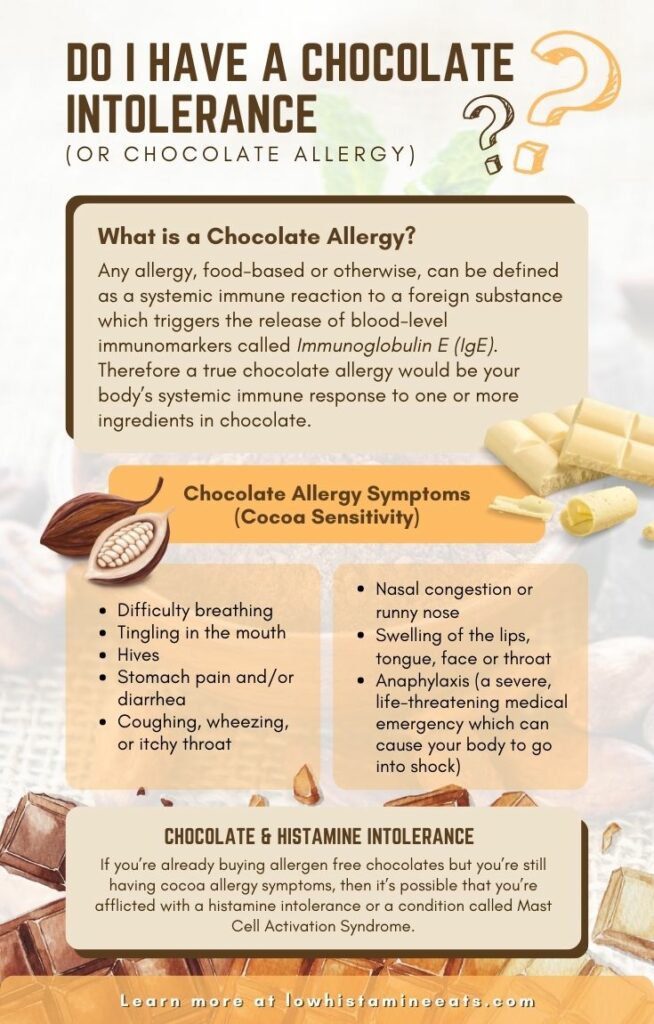
Jump to:
🤔 What Is a Chocolate Allergy?
First off, let's define 'allergy.' Any allergy, food-based or otherwise, can be defined as a systemic immune reaction to a foreign substance which triggers the release of blood-level immunomarkers called Immunoglobulin E (IgE).
Therefore a true chocolate allergy would be your body's systemic immune response to one or more ingredients in chocolate. If you feel yourself having an allergic reaction to anything, be it mild or severe, it's very important to note every ingredient in whatever you're eating and any unusual things about your environment.
A true allergy to cocoa is very rare, so you're more likely to be reacting to a non-cacao ingredient in your chocolate. However, some immune conditions such as histamine intolerance can cause your body to treat chocolate like an invader.
This reaction is technically considered a chocolate sensitivity, due to the lack of IgE release during the reaction. The question remains, without getting an allergy panel or patch test, how can you figure out whether you have a chocolate allergy or a chocolate sensitivity (or histamine intolerance)?
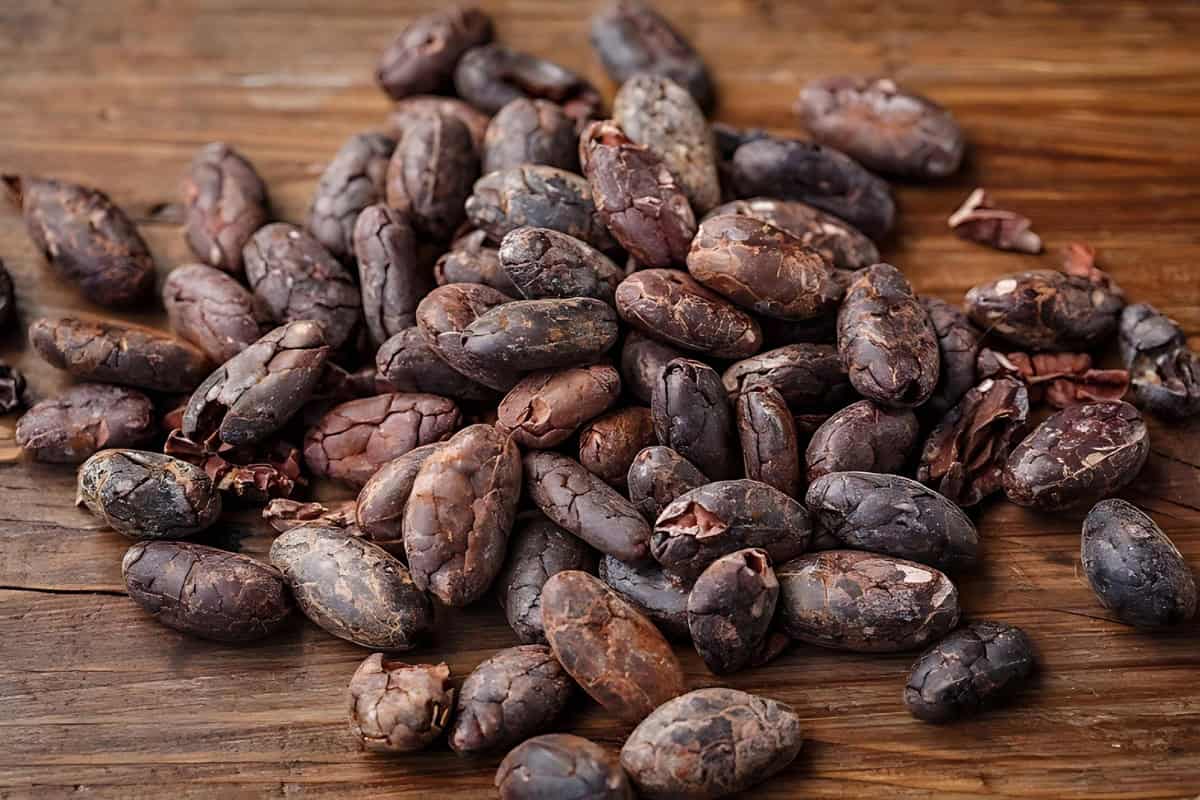
Chocolate Allergy Symptoms (Cocoa Sensitivity)
The symptoms of a chocolate allergy or allergy-like reaction are the same as those found in any other allergy to foodstuffs in particular:
- Difficulty breathing
- Tingling in the mouth
- Hives
- Stomach pain and/or diarrhea
- Coughing, wheezing, or itchy throat
- Nasal congestion or runny nose
- Swelling of the lips, tongue, face or throat
- Anaphylaxis (a severe, life-threatening medical emergency which can cause your body to go into shock)
As with any other medical issue, you should seek help from a medical professional if you suspect you have a chocolate sensitivity or allergy. Out of an abundance of caution, some people choose to just avoid all chocolate and opt for non-chocolate desserts.
But short of the life-threatening symptoms of a chocolate allergy, I would actually urge you to carefully do your own tests for a chocolate or cocoa sensitivity. You can do this by trying small amounts of chocolates made with slightly varied ingredients, taking note of which ones you react to (if any).
First try a pure piece of cacao, also called 100% chocolate, and see if it causes problems. If it does, then you might just have a histamine intolerance.
While you may be able to tolerate chocolates with a lower cacao percentage or without any cocoa solids (such as a vegan white chocolate), if you're reacting to small amounts of chocolate right now then it's probably a food you should wait awhile before reintroducing it.
Symptoms of cocoa sensitivity/chocolate sensitivity are similar to those of a regular food allergy, but may also include irritability or nervousness, gas/bloating, headaches, nausea, and/or vomiting. Symptoms may also be less strong when you consume chocolates lower in cocoa solids.
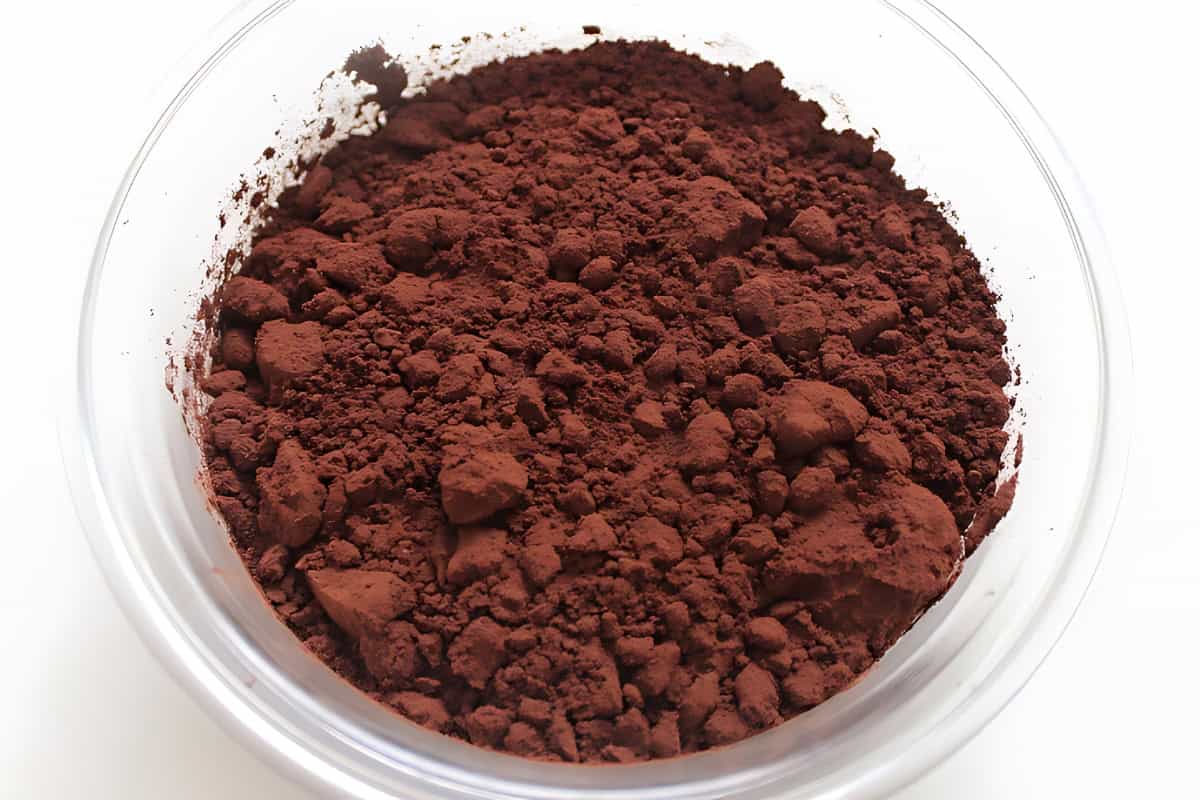
Cross Reactivity and Related Allergies
A chocolate allergy will almost always cause a more severe reaction than a chocolate sensitivity, with some or all of the symptoms above + detectable IgE in your blood. But a less common reason why you may feel you're experiencing an allergic reaction to chocolate is due to a phenomenon known as cross-reactivity.
This means that your immune system is reacting to a compound in chocolate that's chemically similar to one in tobacco, coffee, and ragweed. Another possibility is cross-contamination with a food you're truly allergic to, such as can happen when chocolate is produced in a facility with known allergens (such as soy).
Always check warning labels if you know you have an allergy. The milk, sugar, and even the caffeine in chocolates are more likely culprits for any immune response, but it could also be the insect parts. Yeah, you read that correctly.
On a disgusting but related & relevant note, researchers have noted that there may be roaches in your chocolate, together with a number of other bugs. So if you do choose to have chocolate and know you don't have histamine intolerance, then be sure to only purchase chocolates made with ethically-sourced cacao.
Preferably chocolate made in small batches. Because seriously, bugs could actually be the cause of your chocolate sensitivity if you're not experiencing other histamine issues (or hey, even if you are).

🍫 Chocolate & Histamine Intolerance
If you're already buying allergen free chocolates but you're still having cocoa allergy symptoms, then it's possible that you're afflicted with a histamine intolerance or a condition called Mast Cell Activation Syndrome. MCAS or MCAD (Mast Cell Activation Disorder), as it's commonly called, is an immune condition.
It's characterized by the overreaction of your histamine-producing mast cells. This is unique because when you have a traditional allergy, your immune system overreacts to a foreign substance by producing a compound called Immunoglobulin E (IgE).
IgE is a type of antibody which travels to and communicate with your mast cells, causing them to release histamines and therefore triggering an allergic reaction in your body. For people dealing with mast cell issues, this means that chocolate can seem to cause an allergic reaction by causing the release of histamine from the mast cells.
This is despite the lack of detectable IgE (disqualifying their reaction form being considered an allergic reaction). People dealing with histamine intolerance can also experience a huge variety of symptoms when having a reaction.
Some research proposes that most people dealing with histamine issues have become or were born deficient in a histamine-degrading substance called diamine oxidase (DAO). Some of the symptoms of histamine intolerance include brain fog, high anxiety, stomach pains, Irritable Bowel Syndrome, hives or rashes.
You'd also have a similar reaction to other high histamine foods. Due to cocoa's DAO-blocking properties, chocolate and histamines have a complex relationship. There is a such thing as low histamine chocolate, but it's always going to be a white chocolate, and it won't taste like what you grew up eating.
While you can learn more details about the relationship between chocolate and histamine intolerance, I'm sure your main concern is how you may be able to eat chocolate again without pain. Short of fixing the root cause of your histamine intolerance, the only answer, really, is balancing high histamine foods with antihistamine foods.
In the spirit of the late Yasmina of Healing Histamine, it's important to find this balance in all of your meals, whether your histamine sensitivity is mild or severe, and wherever you are in your journey.

🔍 Chocolate Sensitivity FAQ
Yes it is. However, most supposed chocolate allergies are actually due to a non-cacao ingredient such as soy or milk, or even the insect fragments commonly found in commercial chocolates. If this is the case with you, then an allergy test for chocolate will only be helpful if you’re directly allergic to cacao (which is almost unheard of).
There are various causes of chocolate allergy symptoms, including the rare-but-possible cacao allergy, cross-reactivity from a coffee or ragweed allergy, a sensitivity to soy or milk or cocoa, or an immune condition called Mast Cell Activation Disorder.
It’s possible to have an allergic reaction to white chocolate, but you’re most likely allergic to an ingredient such as milk or soy rather than cocoa butter. That’s because real white chocolate contains no unique antigens that aren’t also found in milk and dark chocolates.
A true chocolate allergy is incredibly rare, something around one in ten million people or fewer. This is because a real chocolate allergy is actually an allergy to cocoa (Theobroma cacao).
Some chocolates contain milk and/or soy, which are quite common allergens. However, if you experience stomachaches after eating a variety of foods, you may have a condition called histamine intolerance, MCAD, microbiome imbalance, or possibly a cross-reactive allergy with a compound similar to one found in tobacco and ragweed.
Yes, high fat chocolate or chocolate which contains dairy can cause heartburn if you have a sensitivity to dairy or have issues digesting large amounts of fat at once. Some histamine intolerance sufferers will also get heartburn when eating chocolate.
Absolutely. Chocolate can block your body’s natural ability to quickly clear histamine from the body, and high levels of residual histamine cause inflammation, which can lead to headaches and heart palpitations, among other symptoms.


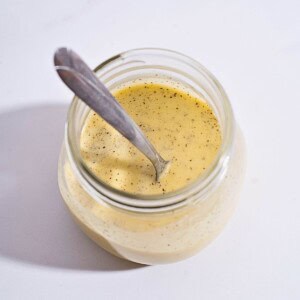
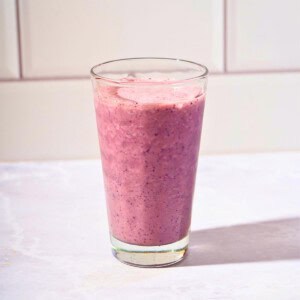

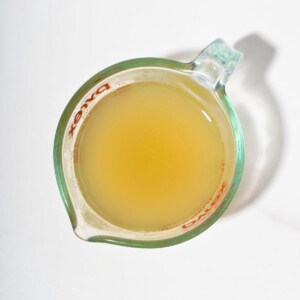







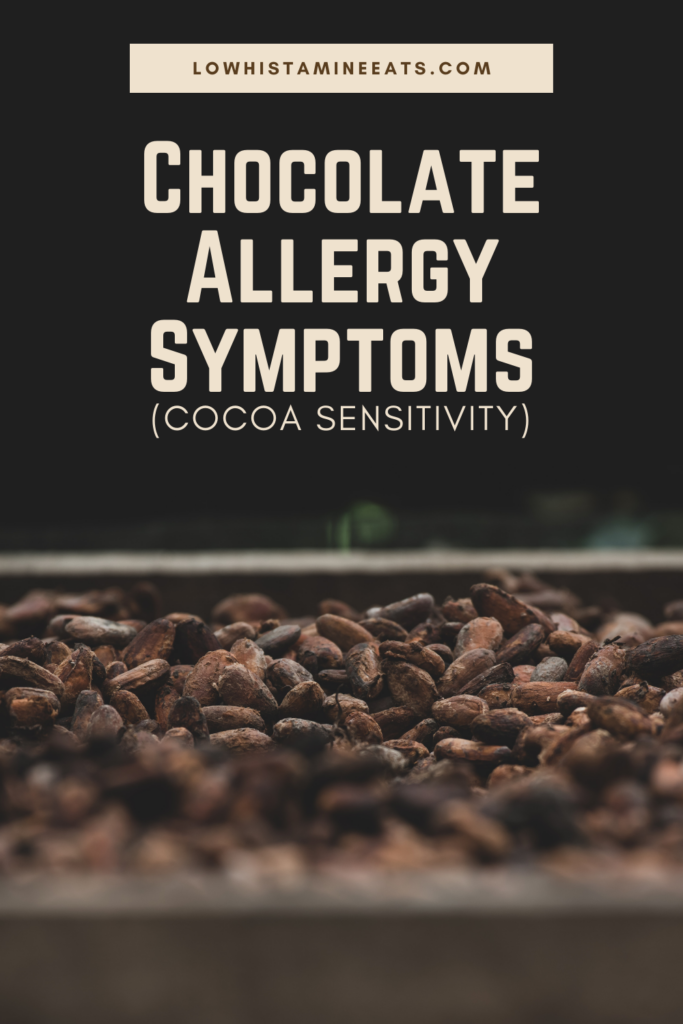
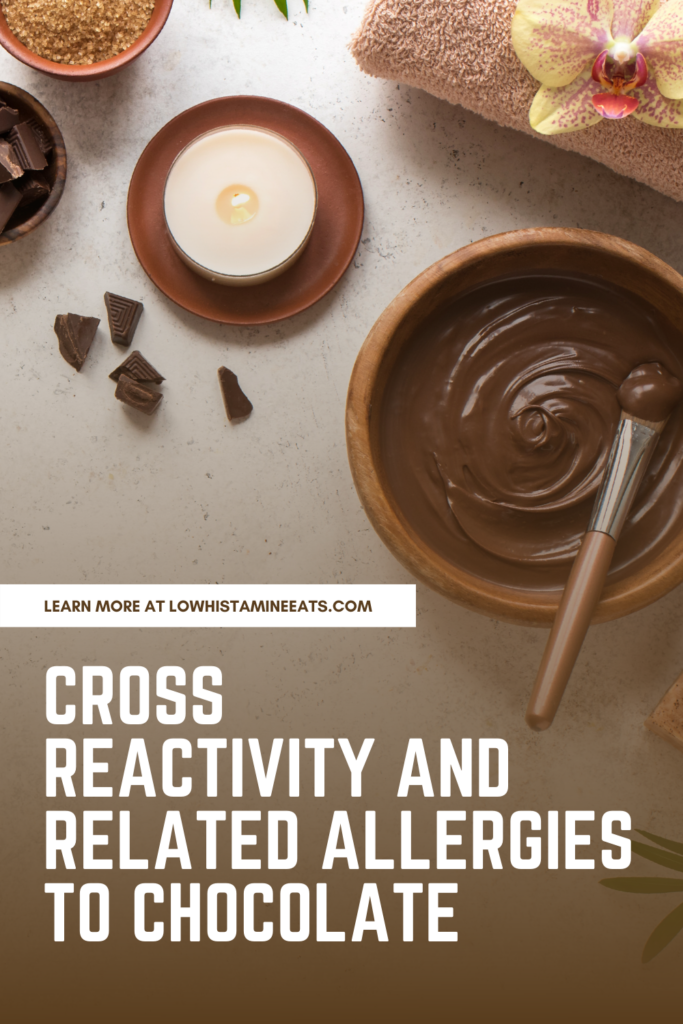

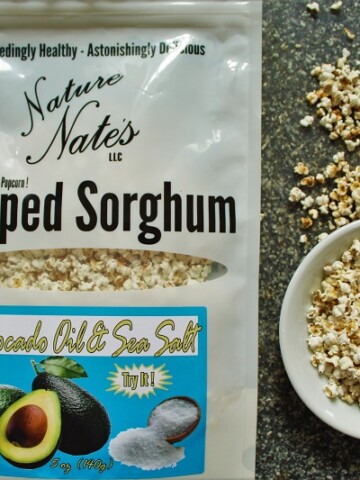

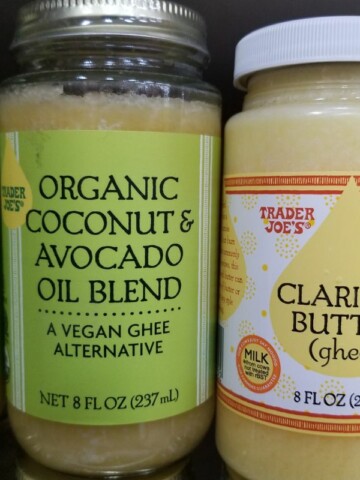
Deb says
If you buy non-fermented cacao you can make your own chocolate. This is what I do and it does not trigger histamine reactions.
Max says
I'm glad to hear you've found something that works for you, Deb! Though it's not actually the fermenting of the cacao that causes the reactions for most people, but rather the caffeine and theobromine content, which can block DAO activity and therefore reduce your body's ability to break down histamine. Though for some people, if you eat carefully you can reduce the amount of histamine you're eating such that the caffeine/theobromine content won't bother you at all. Hope that clarifies. 🙂
Jennifer says
Thank you for this informative article, especially the clarification between an allergy to cocoa (which is apparently rare) and the potential for cocoa to trigger a histamine response. I avoid eating chocolate - and have for decades as it makes me feel rotten. Thank you for not just saying that I am reacting to the non-cocoa ingredients in chocolate such as sugars and dairy ingredients. These are not my triggers. For example, I have no bad reactions to custards, panna cotta or other sweet dairy based desserts, whereas even a hint of cocoa upsets my gut and inflames my scalp, brows and face. It seems I have an intolerance and not an allergy as I can manage chocolate in small amounts to be socially polite, such as accepting a small serving of chocolate cake or dessert which a host has proudly prepared. Thanks for sharing your knowledge.
Max says
Oh, that must be so frustrating! Thank you for sharing some about your experience, Jennifer-- you are not the only one to have a bad reaction to cocoa, by far!